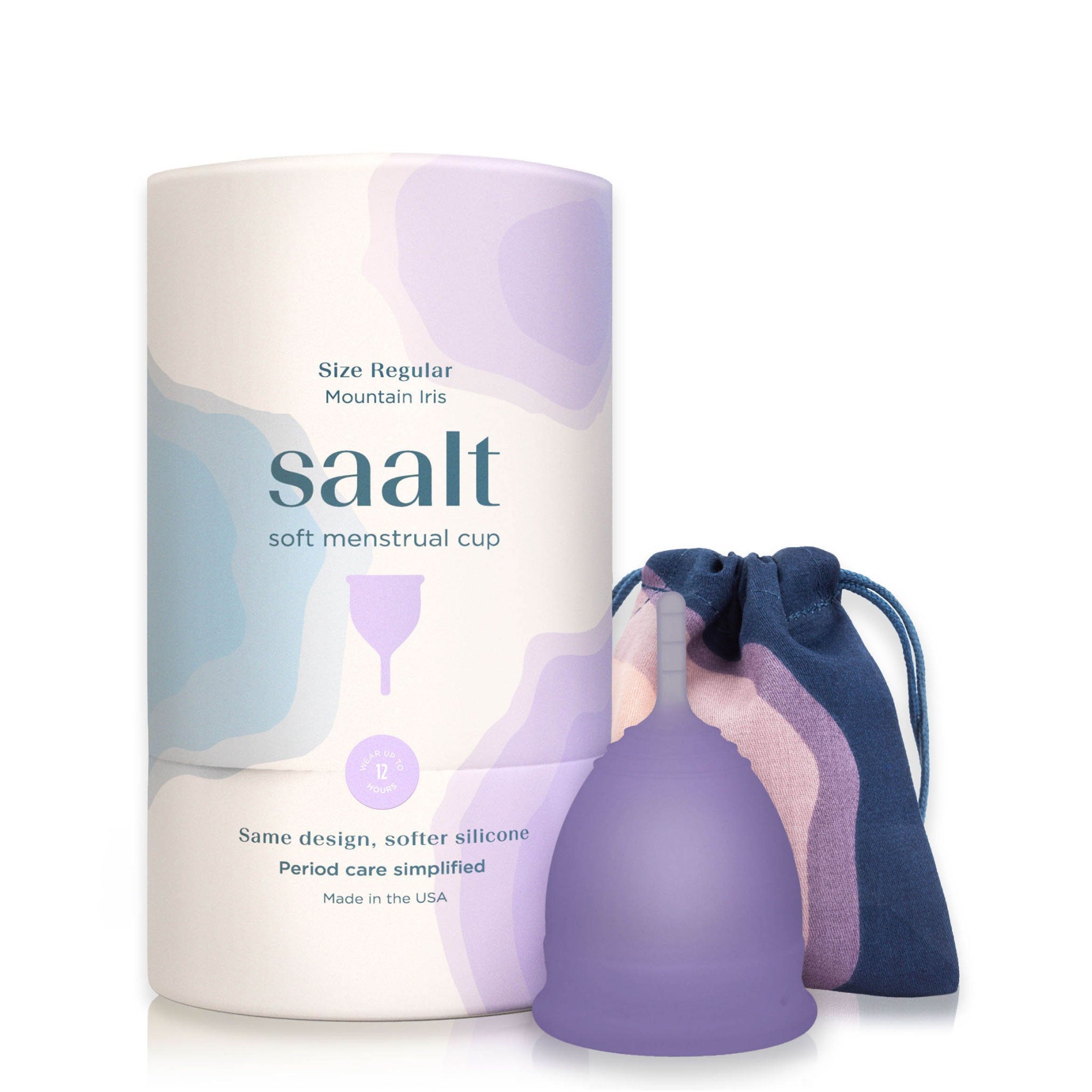Fertility testing might not be top of mind if you’re not currently trying to conceive. But the truth is, many of us don’t know much about our own fertility until we start trying, including any potential pitfalls that could make the process harder. One of the top things we hear from those struggling with their fertility is “I wish I had known sooner.” This is why, at Bird&Be, we offer at-home tests alongside our doc-recommended prenatal supplements, to help screen for fertility red flags and hopefully save you time when you are ready to grow your family. One of these tests is the Ovarian Reserve Screening Test, an FSH test that you can do at home to learn more about your egg quantity (how many eggs you have left). Here’s everything you need to know about FSH, from how to test the hormone to what the results mean.
What is FSH?
Follicle-stimulating hormone (FSH) is a marker of ovarian reserve and a key hormone affecting the reproductive system. Its main role is to stimulate follicles (the sacs that hold the eggs) in the menstrual cycle so that one will be released before ovulation.
How is FSH related to ovarian reserve or egg quantity?
FSH begins to rise at the beginning of your cycle, stimulating the development of those follicles (which as they develop, tell the brain to reduce FSH) so that just one dominant follicle develops and is released. As ovarian reserve decreases, FSH goes up because more is needed to get those follicles developing; higher FSH is linked with lower ovarian reserve.
Why is ovarian reserve (A.K.A. egg quantity) important?
When you’re born, you have all the eggs you will ever have over your lifetime, and this number decreases as you get older. Each of our ovarian reserves decreases at different rates, but they all decrease over time and this culminates in menopause. While egg reserve can’t predict your ability to get pregnant (it takes just one good quality egg meeting with one good quality sperm to get a positive pregnancy test, after all), it can help inform your timeline (the more eggs you have, the more chances you have). And if you’ll be pursuing fertility treatment (like IVF), having more eggs means more chances to create a viable embryo. Remember that success also relies on egg quality—the health of your eggs. Starting a quality prenatal supplement three months before you’re hoping to conceive can help get your eggs in shape for when you’re ready to start trying.
How is FSH tested?
In a clinic setting, FSH is measured with a blood draw (diagnostic testing) and is routinely done if you’re in fertility treatment. At home, like with the Bird&Be Ovarian Reserve Screening Test, it’s a urine test that works similarly to at-home ovulation or pregnancy tests (you place a dipstick in a urine sample and wait for the results at home, often in 10 minutes or less). The at-home version is a screening test, detecting FSH in your urine to flag for elevated FSH. FSH is tested on day three of your menstrual cycle, and the level can tell you more about your ovarian reserve.
What is a normal FSH level?
A fertility doctor will likely want to see FSH levels less than 10 mIU/mL to be considered normal. Higher than 40 mIU/mL is considered in the menopausal range and anything between those two numbers is considered elevated and worth more investigation if you’re hoping to conceive now or in the future.
How does the Bird&Be Ovarian Reserve Screening Test work?
The Bird&Be Ovarian Reserve Screening Test detects FSH in your urine to flag for diminished ovarian reserve. On days three, four, and five of your cycle (there are six strips to test over two cycles included), you’ll dip the stick in your urine and wait 10 minutes for your results. After 10 minutes, match the test line with the color reference chart included in your pack—each shade indicates an FSH level, so you can match your results with the nearest color in the chart.
What do my test results mean?
It’s important to remember that FSH is just one piece of the fertility puzzle—having a high FSH can’t determine if you can get pregnant, just like having a normal level doesn’t guarantee you will get pregnant easily. If your results are over 10 mIU/mL, you may have elevated or high results, which could indicate a dwindling ovarian reserve. Check in with your doctor to confirm your results with diagnostic testing.
How accurate is the test?
When compared with bloodwork, the Ovarian Reserve Screening Test is 99% accurate, giving you a reliable at-home way to measure your FSH.
Remember, FSH doesn’t speak to egg quality or your ability to conceive without intervention. But, it can be a helpful tool that can impact your fertility decision-making, inform your reproductive timeline, and spur you to reach out to a doctor sooner, saving you valuable time on your journey.





